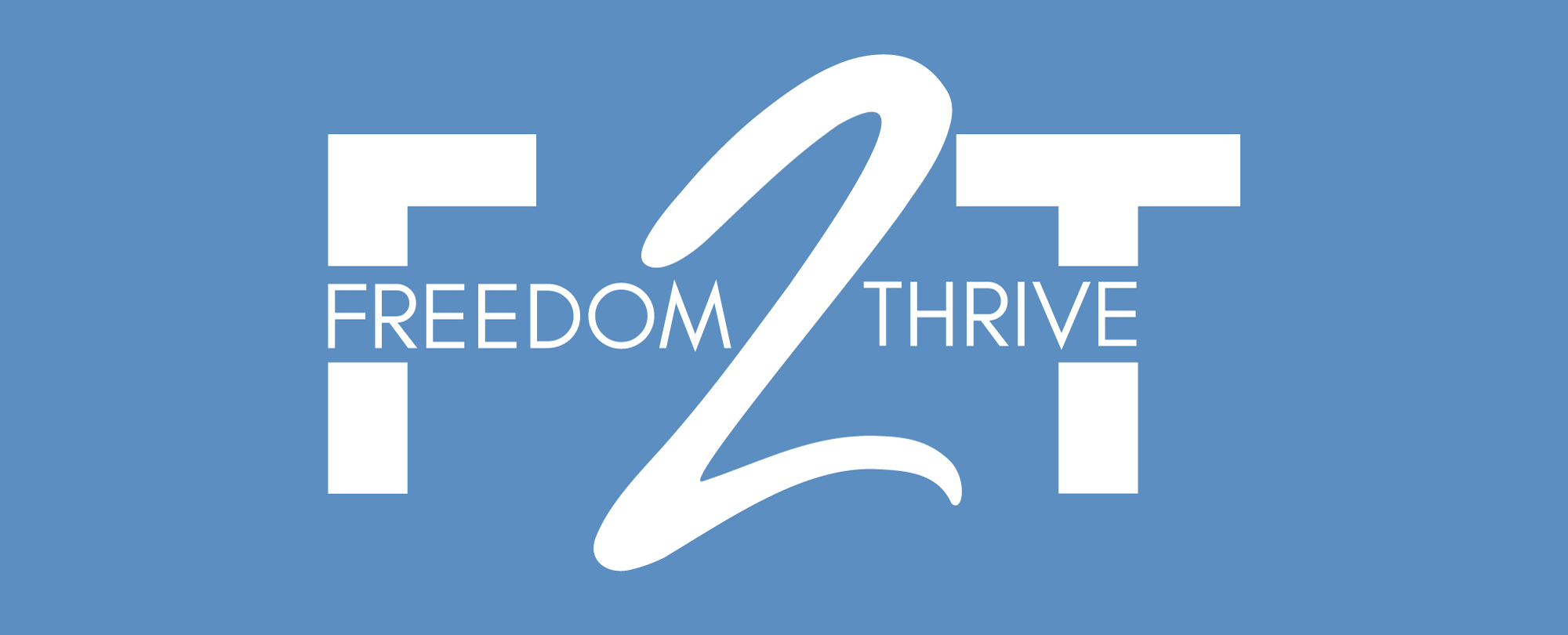
From Exclusion to Inclusion:
A Parent’s Battle for a World That Welcomes All
As a parent of a child with a disability, the stories of exclusion faced by Sally Phillips’ son and the children at Aboyne Primary School resonate deeply with families like mine. These incidents highlight a societal oversight that can profoundly affect our lives, bringing to the forefront the emotional and psychological toll of being openly excluded from everyday activities.
When Sally Phillips shared her heartache over her son being denied access to a trampoline park because of his Down’s syndrome, it underscored a systemic barrier that many of us face daily. The requirement of a GP’s letter as a condition for participation is not only a bureaucratic hurdle but also a stark reminder of the disparities our children face in accessing leisure and recreation, activities that all children should freely enjoy.
The situation at Aboyne Primary School, where parents were offered the option to select class photos with or without children with complex needs, was equally disheartening. This act of offering a choice to erase the presence of children with disabilities from a collective memory is not just an issue of policy but of basic human dignity. It’s a glaring example of how societal attitudes towards inclusivity still have a long way to go.
These stories affect families like mine in profound ways. Firstly, they reinforce a sense of otherness and exclusion for our children, who are just as deserving of participation and recognition as their peers. Secondly, they add an additional layer of advocacy and negotiation as we fight for our children’s rights to be included and accommodated. The emotional toll of seeing your child singled out or excluded cannot be understated. It’s a painful reminder of the challenges they face in a world often unprepared or unwilling to include them fully.
However, these incidents also galvanise us as a community. They remind us of the importance of standing together to advocate for change and to push for a more inclusive society that sees the value and potential in every individual, regardless of their abilities.
To effect real change, several steps are essential. Education and awareness-raising about disabilities and the importance of inclusivity can challenge and change societal attitudes. Policy reform is crucial to ensure legal protections are in place to prevent discrimination and promote accessibility. Moreover, community engagement and support can foster environments where differences are not just tolerated but celebrated.
Inclusivity is not just about physical access or the removal of barriers; it’s about reshaping perceptions, attitudes, and policies to recognise the equal worth and dignity of every individual. It’s about creating a world where incidents like those faced by Sally Phillips’ son and the children at Aboyne Primary School are not just anomalies but impossibilities.
As a parent, I hope for a future where our children are not defined by their disabilities but by their abilities, passions, and contributions to our communities. a future where inclusion is not an afterthought but a foundational principle that guides our actions and decisions.
The journey towards inclusivity and equality is ongoing, and while challenges remain, stories like these serve as a powerful reminder of the progress still needed and the role we all play in achieving it. For families like mine, it’s not just about fighting for our children’s right to be included; it’s about ensuring that every child, regardless of their abilities, has the opportunity to thrive, participate, and be valued within their communities.

Recent Comments